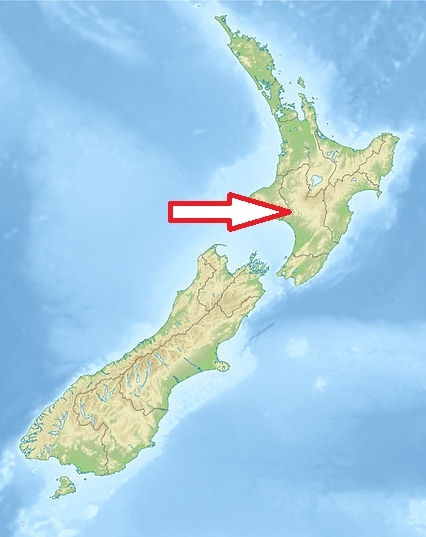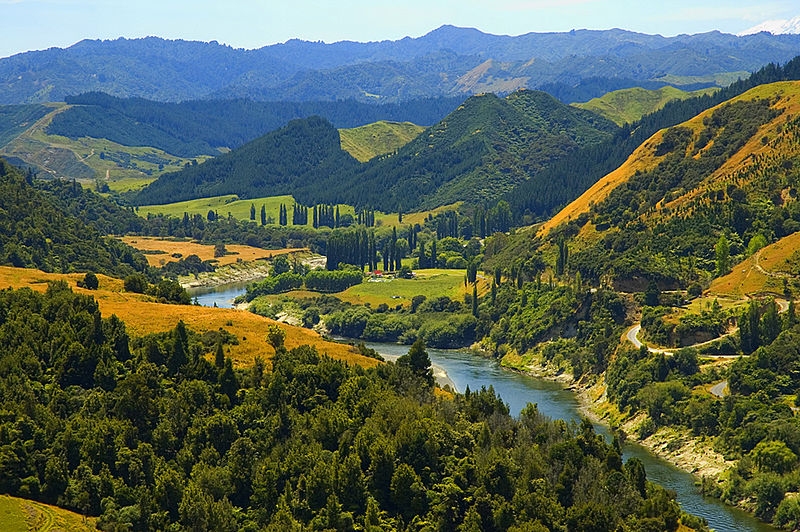Basic ecotouristic information on Whanganui National Park (New Zealand) - localization, access, characteristic, fauna and flora, possible activities.
Localization
Southwestern part of the New Zealand´s North Island, halfway between Auckland and Wellington.
Access
Easy.The park can be accessed from all directions – surrounding towns including Taumarunui, Whanganui, Pipiriki, Ohinepane and Whakahoro. The 145 kilometre river trip runs from Taumarunui.
Characteristic
742 km2, Hilly region dissected by the Whanganui River. Although the bed and waters of the river are not included in the park, the river is an integral part of the area and provides an important access way into and through the area. Western tributaries of the Whanganui have eroded through mudstone (papa) which has created spectacular gorges and bluffs. Typical ecosystems: mountain ecosystems, temperate zone forests, freshwater ecosystems (rivers). One of the largest remaining tracts of lowland forest remaining in the North Island.
Fauna + Flora
Species List - See the Attachment Below
(Species list may not be complete)
Possible activities
Excellent conditions for walking and trekking - network of short and long trekking paths,
Canoeing (170 km of the navigable river), fishing, hunting, mountain bikes
Note
Rich in colonial and Maori history
